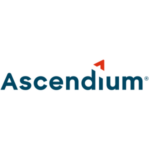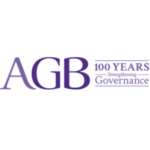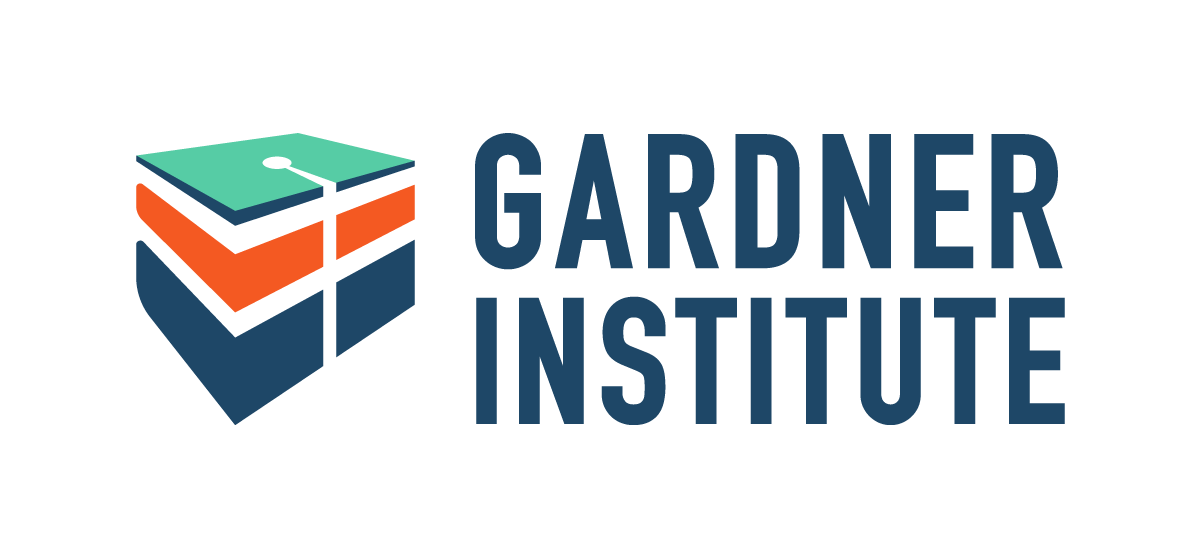


Transforming Postsecondary Student Success through Governing Boards
This project seeks to mobilize higher education governing boards in Kentucky to play a greater role in overseeing, envisioning, and ultimately driving student success transformation with and through the institution’s administration.
Goals
-
To create a deeper board understanding of and commitment to the oversight responsibility for both student success in general and equity in student success as measured by surveys and focus groups.
-
Increase knowledge on how boards and staff can work together to advance institutional strategic equitable student success goals.
-
Improved retention rates for students—both aggregate and disaggregated by family income, race/ethnicity, and rural/non-rural.
-
Improved persistence rates– both aggregate and disaggregated by family income, race/ethnicity, and rural/non-rural.
-
Improved workforce placement rates in jobs that provide a family-supporting income– both aggregate and disaggregated by family income, race/ethnicity, and rural/non-rural.
Outcomes to Date (July 2023)
The Gardner Institute, AGB, and the Kentucky Council on Postsecondary Education formed a partnership to launch this project as a state-wide initiative.
-
Over 100 trustees, presidents, and campus leaders attended the (virtual due to COVID concerns) kick-off event.
-
In February 2023, 7 institutions (after reviewing equitable student success outcomes, policies and practices, and Board-level strategies for oversight) have identified Board-level oversight and institutional-level goals for equity in student success and are mapping out their strategic steps.
-
5 institutions have committed to the institution-wide task force process for strategic and equitable retention.
Next Steps
• Participating institutions will continue to focus on creating and implementing student success plans.
• Gardner Institute and AGB will provide ongoing support, assessment, evaluation, and dissemination efforts.
• Final assessment, evaluation, and dissemination efforts will continue until the spring of 2024.

“These efforts to engage board members in educational opportunities around equity and student success are central to AGB’s ongoing initiative promoting justice, diversity, equity, and inclusion inside and outside the boardroom. We are excited to work alongside Ascendium as well as the Gardner Institute in establishing a collaboration with board members to explore their responsibilities for these issues.”
Henry Stoever,
AGB President and CEO


